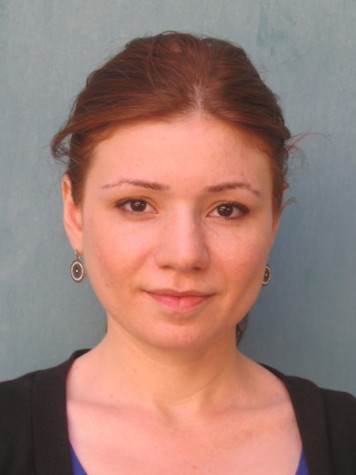The presence of religion in colleges has always been a controversial issue. Despite the different views on this topic, religion is still in universities and colleges, be it private or public. Because of this ongoing presence on campuses we can be sure that students need it.
Religion is present in our social lives, in education, politics, and in everyday choices. We need to understand its place in the community and our lives. Many view religion as unimportant but for many others it has meaning and depth.
Steve Parker, instructor of sociology in the Social Science Division said, “It is my view that religious clubs and places of worship serve a valuable function on college campuses, GCC included.”
According to a seven-year-study held by UCLA named “Spirituality in Higher Education: Students’ Search for Meaning and Purpose,” results show that while students’ attendance to worship services decreases during their sophomore years, they become more spiritual.
In colleges they get more exposure to different cultures, hence becoming more spiritual. Students tend to look for answers to “big questions” starting a curious spiritual quest.
As Paul Mayer, associate professor of English as a second language and former advisor of the Christians in Action student club said, “Any religion stresses that there can be some wrong choice out there, and through the study of the Bible, or the Torah or the Quran one is able to discern better what is right or wrong.”
While making life changing decisions, religion can direct students like a compass.
“In my view, religious clubs can do a great deal to help students cope with issues and challenges that arise in both the academic and personal realms of their lives,” said Parker. “Participation in any type of normative organization that is strongly based on the sharing of values can help one through the facilitation of supportive relationships and networks.”
Many students agree that religion in college campuses are beneficial and necessary.
Marc Anthony Perales, 18, a business major, thinks that these clubs are also important for raising awareness about different religions and cultures.
“It would be great to see different religions on campus. I think it would help a lot of adults to come together, people would see them and not be judgmental of what they do or what they wear because they can have a better understanding of what they believe in,” said Perales.
Another student, Ajmin Sarian, 18, a biology major, thinks that religious clubs can help students. “I think they are beneficial because in religious clubs students who have similar interests and cultural background come together and share their ideas, make new friends. They can direct and help each other to achieve their goals.”
Students see the need of understanding other cultures in order to coexist better and not be judgemental. Judging is the easiest way to go but understanding the difference can be a challenge. By understanding different religions, it can help students to make more informative choices in life.
Parker also agrees with this and states that while sociologists have been studying the impact of religious involvement, they came to understand that religious groups can be a supportive place for the members to develop meaningful relations.
“The creation of bonds with others in a religious club may often help to insulate a student from distractions (drinking, using drugs, cheating, dropping out). Having a stake in a group, and having peers who count on one’s participation in that group, may, in many cases, give students direction and mutual support.”
At the same time Mayer thinks that religion in campus can be dangerous too. People may attach their political agenda to religious clubs and it can become a terrible mix. This is why students need faculty advisers who can help prevent this.
Mayer also thinks that religious clubs at Glendale College do not help students as much as they should and the reason is because Glendale College doesn’t have a big population of students living on campus. There also is a shortage of students who know about those clubs.
As religion changes the ways it copes with the new waves of secularization, it is still there and needed.
As Parker said, “… while more folks than ever are willing to claim secular beliefs or identify as “atheist” or “agnostic,” our society is still a religious one. I don’t see much evidence that campus religious clubs will suffer any negative trends specifically from secularization.”
Religion is everywhere we look. It can be ignored or it can be understood. While ignoring is also a choice, it limits the knowledge. On the other hand people need to understand each other better, this is why learning and appreciating other cultures and religions is always beneficial for personal and for the community growth.

